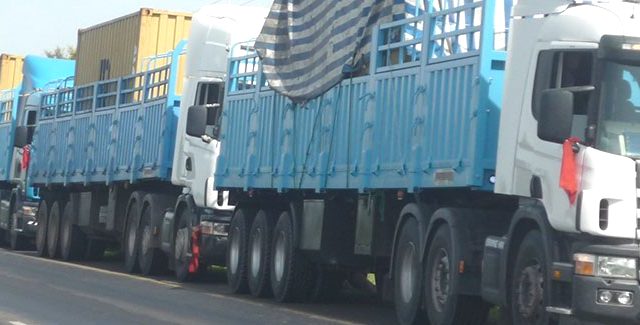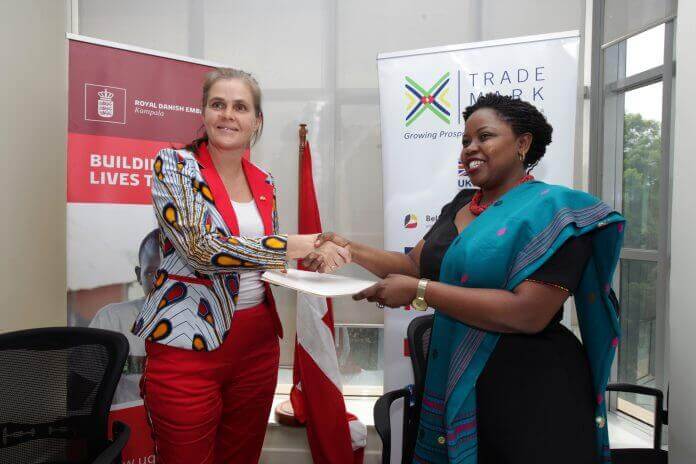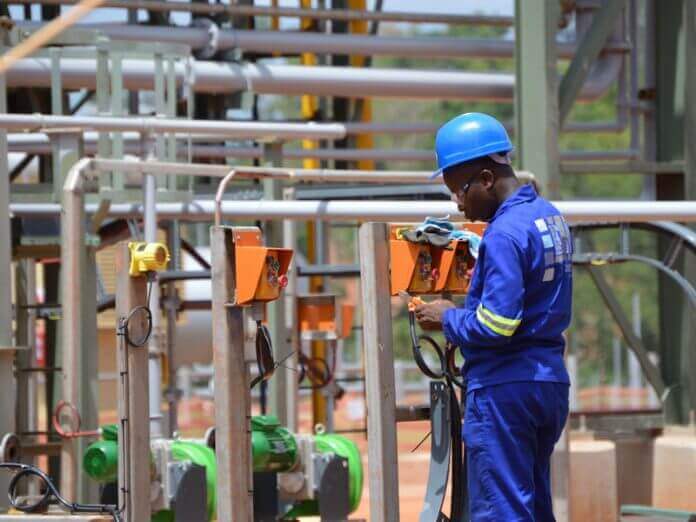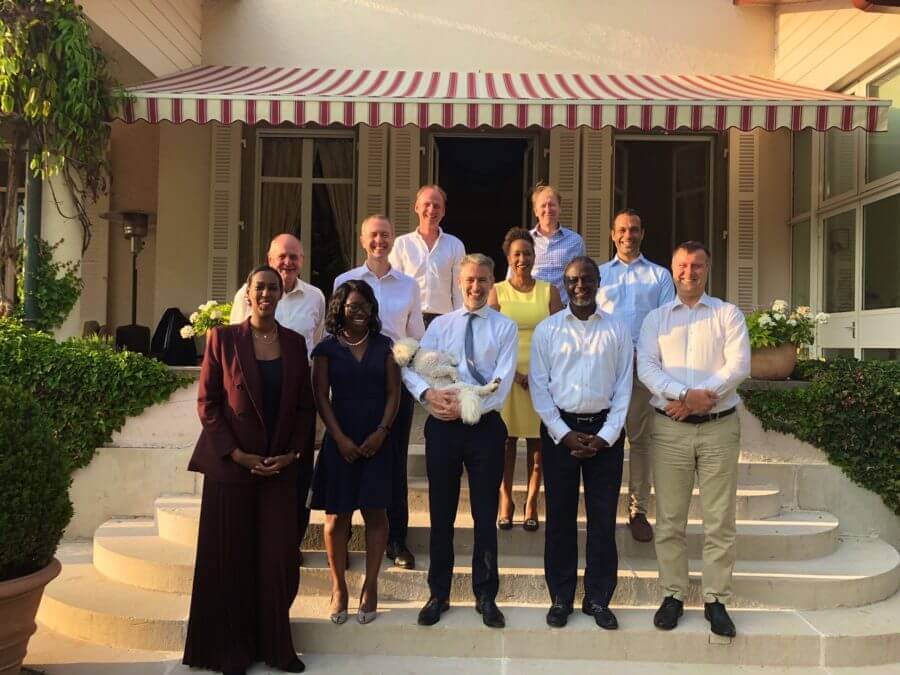Busia and Malaba are among the border points where officials from the chamber of commerce will be stationed to make cross-border trade easier. Kenya National Chamber of Commerce and Industry president Richard Ngatia on Monday said establishing stations in such border points will go along way in boosting trade. He spoke during the launch of the Kenya Trade Week and Expo. Ngatia said the chamber has obtained a desk at the Jomo Kenyatta International Airport, through the Ministry of Trade, for efficient issuance of documents such as certificates of origin. Also targeted are Namanga, Isebania, Moyale, Mombasa and Eldoret to serve exporters. This comes after Deputy President William Ruto said despite a rise in trade volumes in recent years, the balance is not in favour of Kenya because the country imports more than it exports. He said there is a need for the country to seize the opportunity of access to free trade area market to bridge the trade gap. Interventions, such as the proposal by the KNCCI, would make export a less tedious task, shoring up volumes of trade in favour of the country. Building a case for the proposal to make clearance at the border point easy, Ngatia said an efficient and easy issuance of vital trade documents will increase revenue streams for the taxman. For example, Ngatia said, the automation of issuance of ordinary certificates of origin in 2015 increased the revenue collected from Sh1.6 million to Sh4.5 million per month. Further, as part of ensuring a widened access to international...
Busia, Malaba border points to get special desks to assist traders
Posted on: July 18, 2019
Posted on: July 18, 2019





















